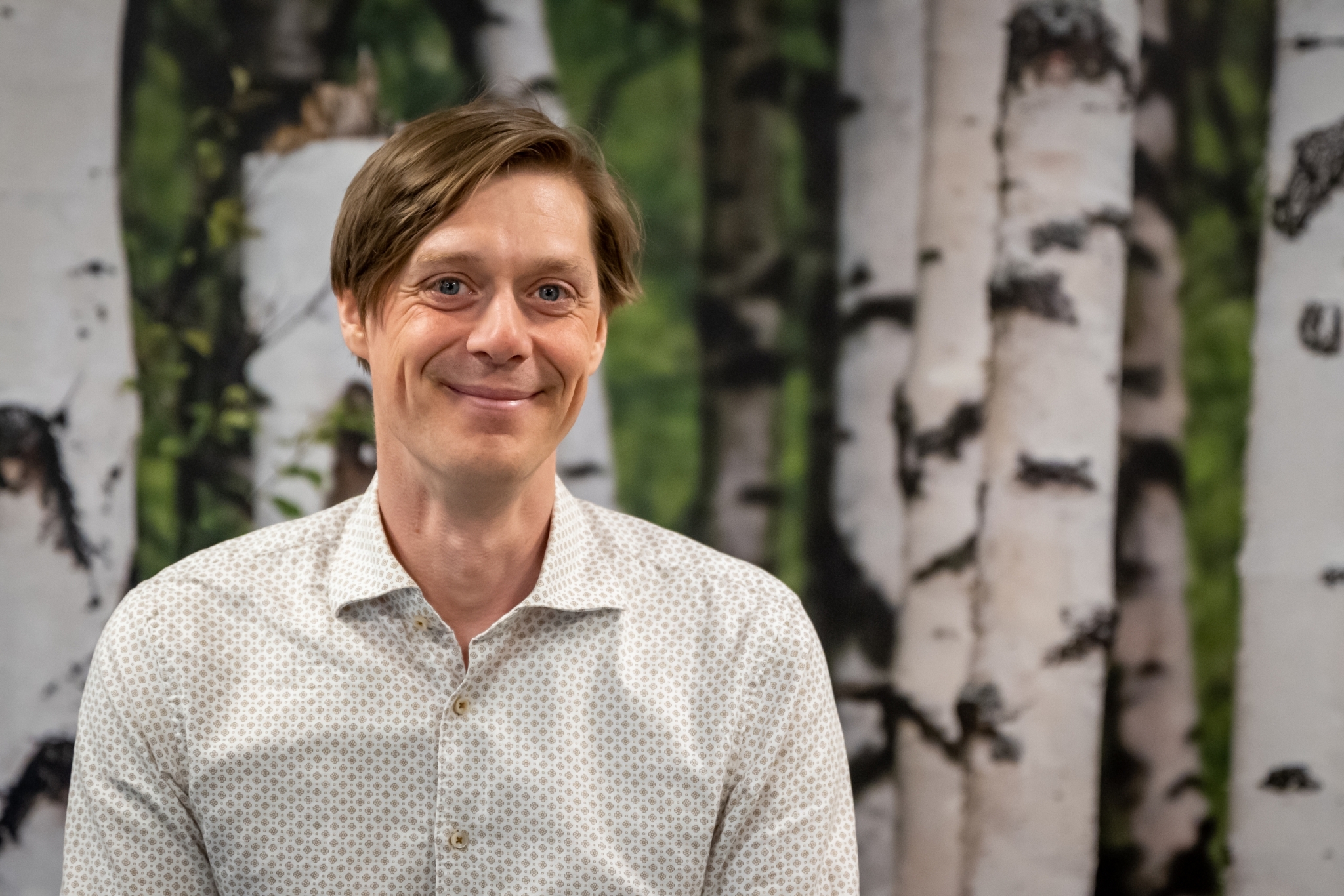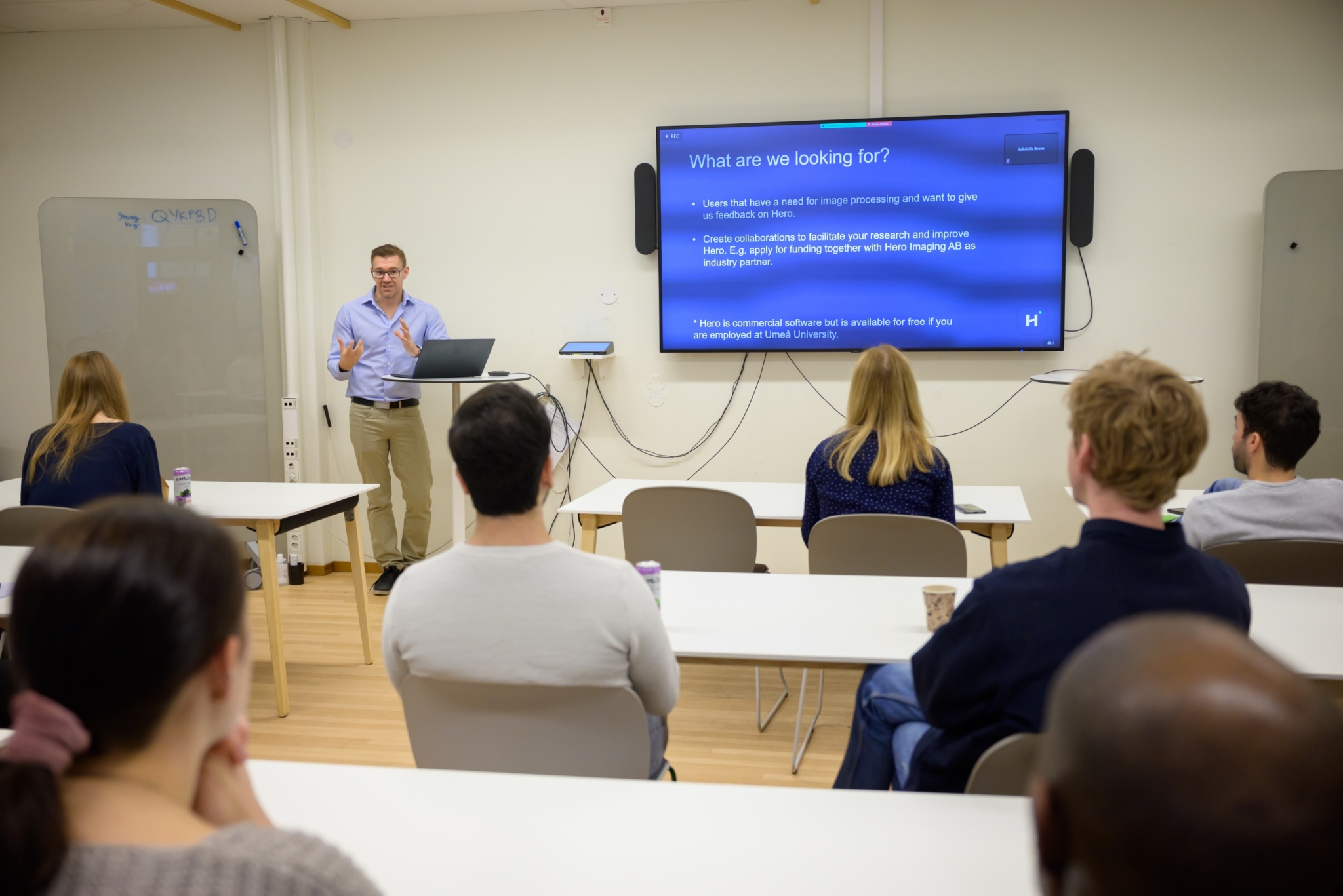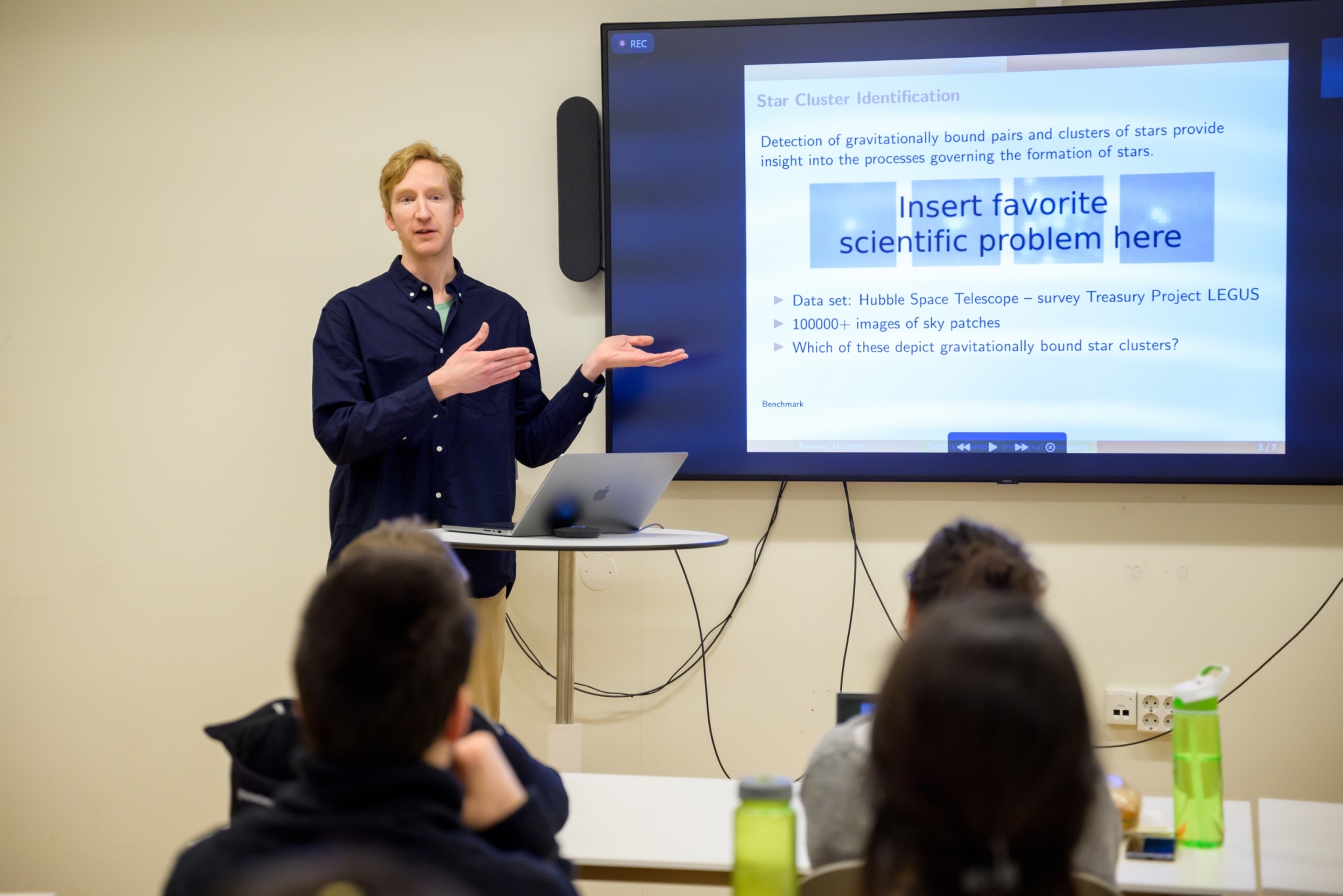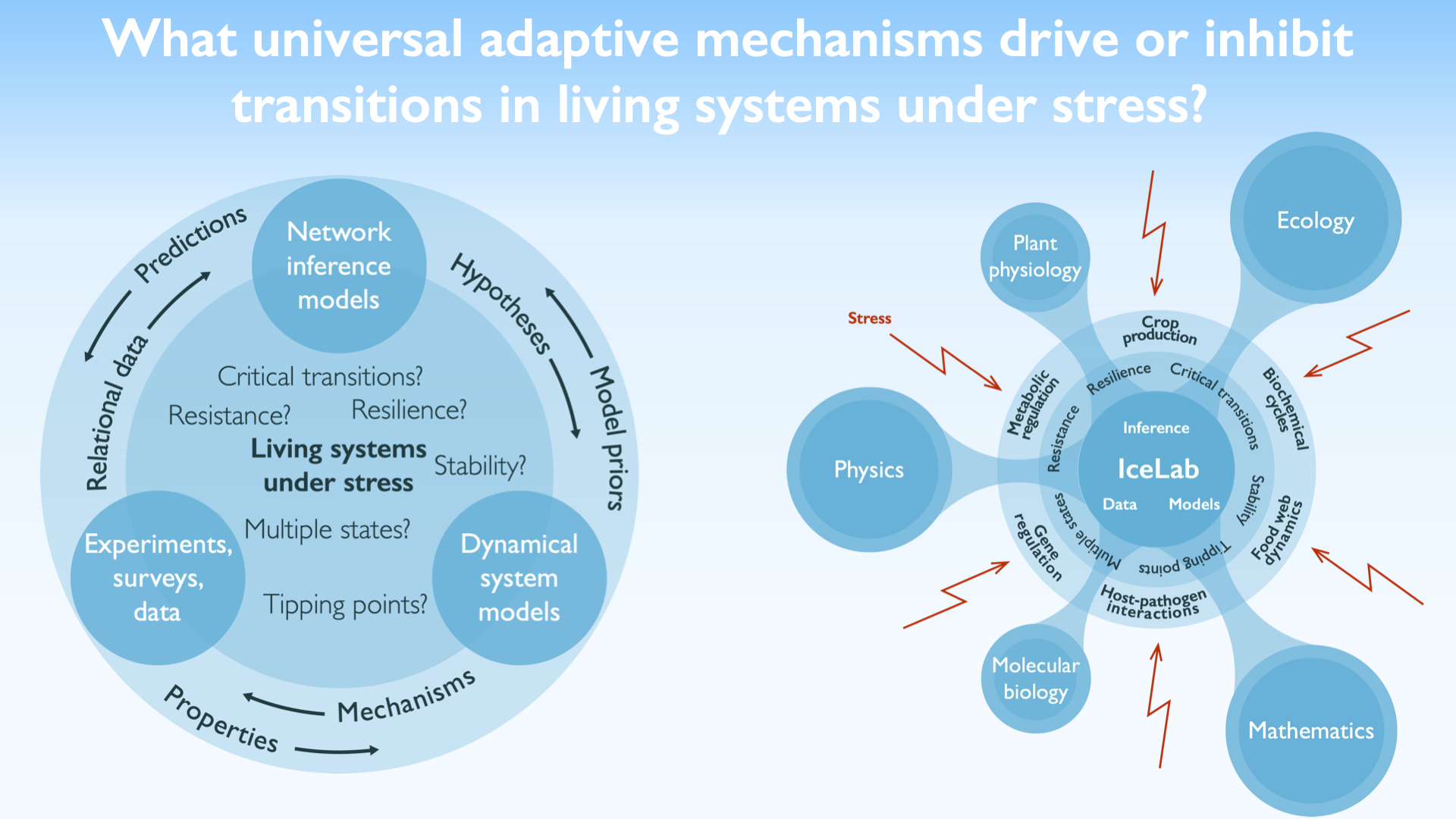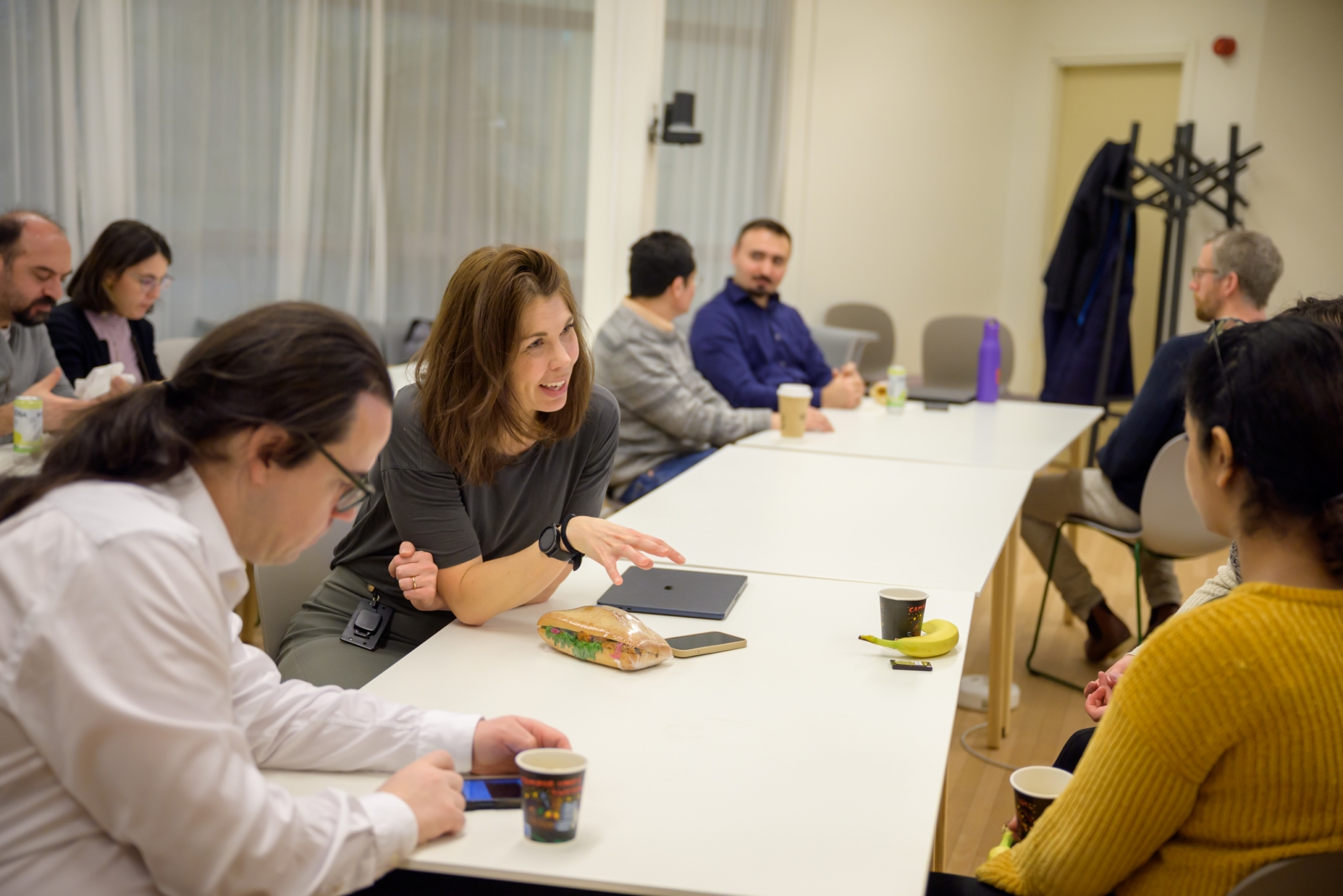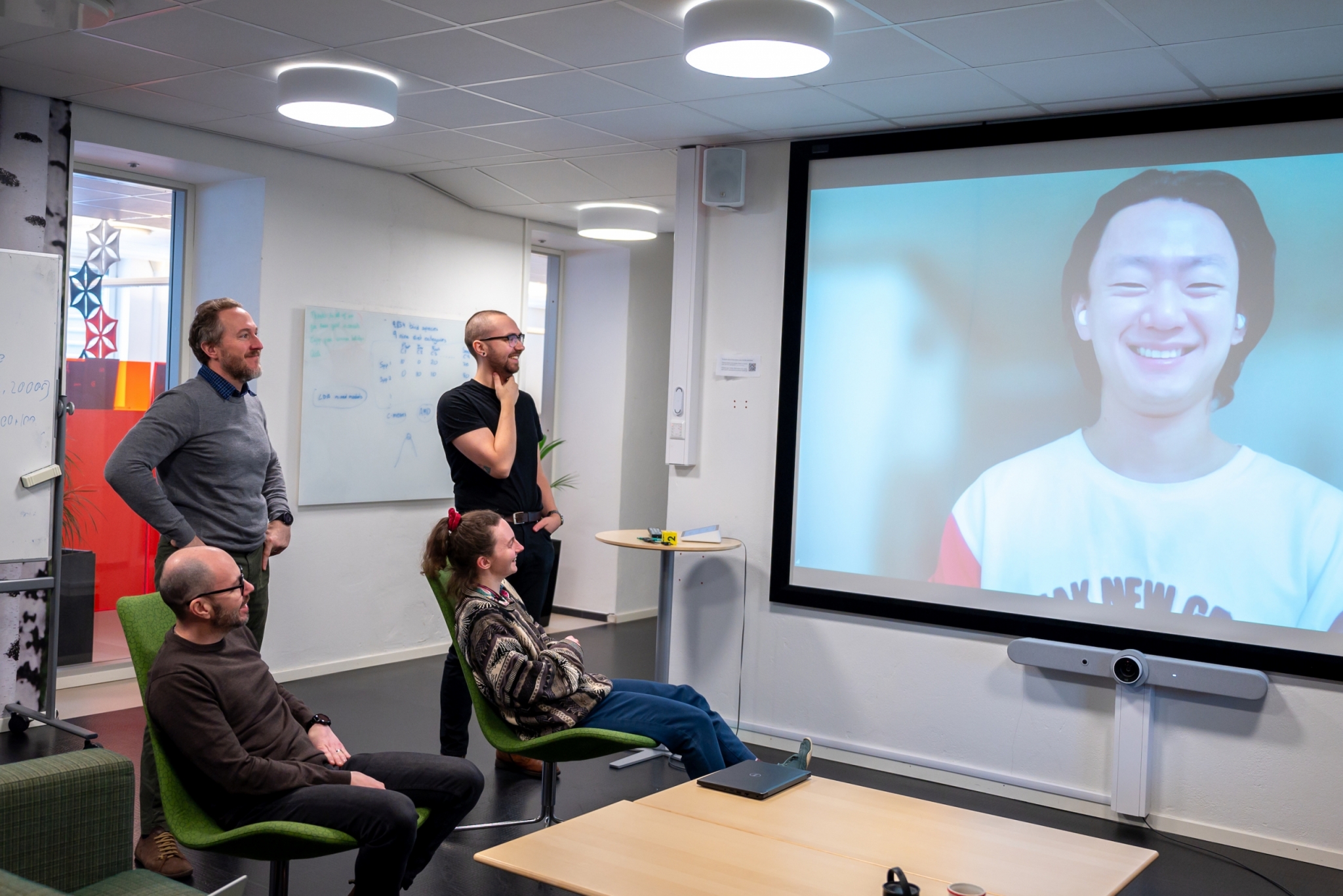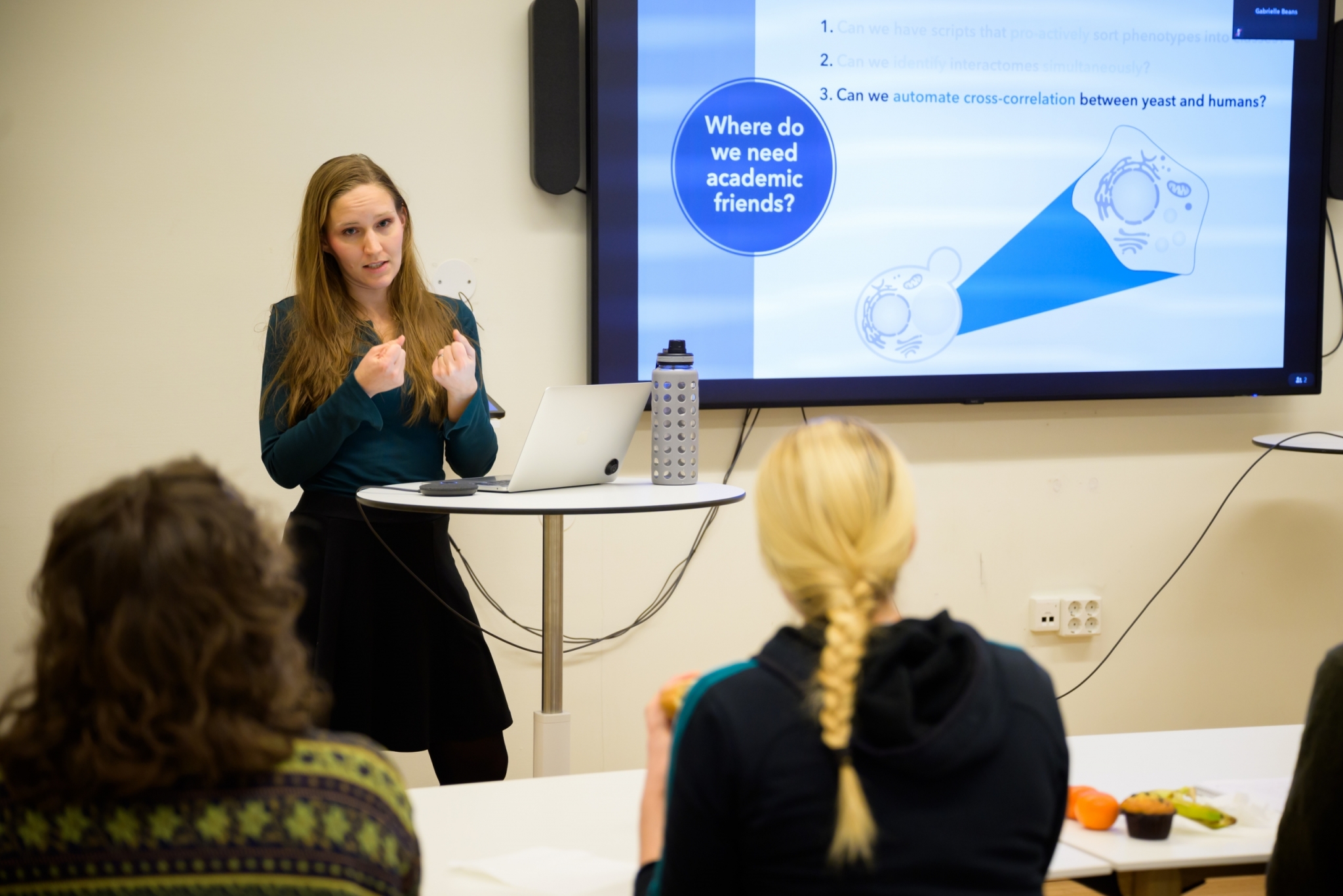Profile
Biologists have long deemed the task of predicting evolution a lost cause due to the complexity of biological systems and their interactions with the environment. An increasing number of observations of repeated evolution have however recently challenged this view suggesting that it may be possible to make short-term evolutionary forecasts. Evolutionary processes are at the core of many major societal problems such as antimicrobial resistance, new infectious diseases, vaccine development, cancer and adaptation of organisms to climate change. Peter Lind studies the predictability of evolution on different biological levels from molecules to communities of microorganisms. How predictable is evolution? What makes evolution predictable or unpredictable? How can we forecast future evolution? To address these questions, we use experimental populations of bacteria combined with mathematical modelling and bioinformatics. The current focus is on two medically relevant model systems where bacteria evolve to increase their ability to make biofilms or antibiotic resistance.
Peter Lind is Assistant Professor at the Department of Molecular Biology. He graduated from Uppsala University with a degree in Molecular Biotechnology Engineering. Peter then got a PhD in Microbiology with Dan Andersson at Uppsala University where he showed that synonymous mutations can have large effects, how foreign genes evolve after horizontal gene transfer and how mutations can shape bacterial genome composition. After that he did a postdoc in experimental evolution with Paul Rainey at the New Zealand Institute for Advanced Study, where he studied the hidden diversity of genetic and phenotypic solutions to adaptive challenges.
Current Projects
The Latest Posts
This Icelabber hasn’t posted yet, but read these while you wait for the first post.

